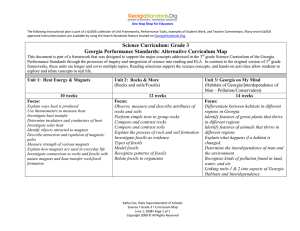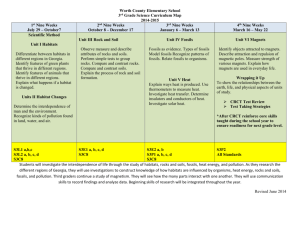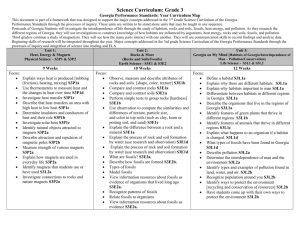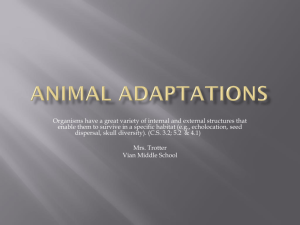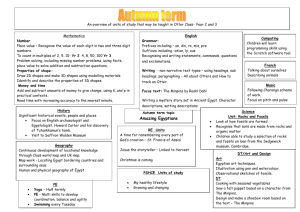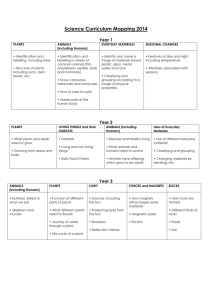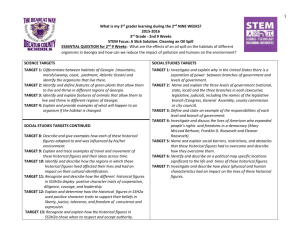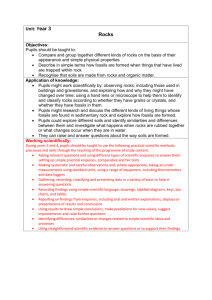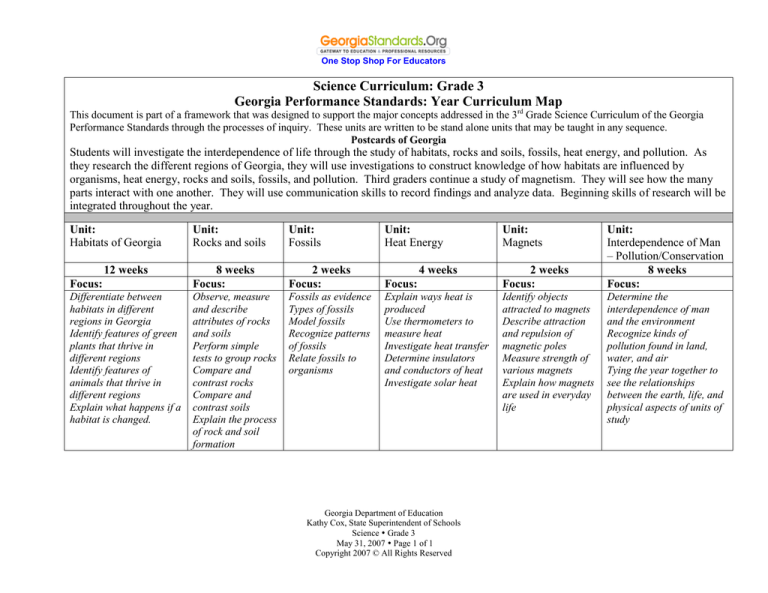
One Stop Shop For Educators
Science Curriculum: Grade 3
Georgia Performance Standards: Year Curriculum Map
This document is part of a framework that was designed to support the major concepts addressed in the 3rd Grade Science Curriculum of the Georgia
Performance Standards through the processes of inquiry. These units are written to be stand alone units that may be taught in any sequence.
Postcards of Georgia
Students will investigate the interdependence of life through the study of habitats, rocks and soils, fossils, heat energy, and pollution. As
they research the different regions of Georgia, they will use investigations to construct knowledge of how habitats are influenced by
organisms, heat energy, rocks and soils, fossils, and pollution. Third graders continue a study of magnetism. They will see how the many
parts interact with one another. They will use communication skills to record findings and analyze data. Beginning skills of research will be
integrated throughout the year.
Unit:
Habitats of Georgia
12 weeks
Focus:
Differentiate between
habitats in different
regions in Georgia
Identify features of green
plants that thrive in
different regions
Identify features of
animals that thrive in
different regions
Explain what happens if a
habitat is changed.
Unit:
Rocks and soils
Unit:
Fossils
8 weeks
Focus:
2 weeks
Focus:
Observe, measure
and describe
attributes of rocks
and soils
Perform simple
tests to group rocks
Compare and
contrast rocks
Compare and
contrast soils
Explain the process
of rock and soil
formation
Fossils as evidence
Types of fossils
Model fossils
Recognize patterns
of fossils
Relate fossils to
organisms
Unit:
Heat Energy
4 weeks
Focus:
Explain ways heat is
produced
Use thermometers to
measure heat
Investigate heat transfer
Determine insulators
and conductors of heat
Investigate solar heat
Georgia Department of Education
Kathy Cox, State Superintendent of Schools
Science Grade 3
May 31, 2007 Page 1 of 1
Copyright 2007 © All Rights Reserved
Unit:
Magnets
2 weeks
Focus:
Identify objects
attracted to magnets
Describe attraction
and repulsion of
magnetic poles
Measure strength of
various magnets
Explain how magnets
are used in everyday
life
Unit:
Interdependence of Man
– Pollution/Conservation
8 weeks
Focus:
Determine the
interdependence of man
and the environment
Recognize kinds of
pollution found in land,
water, and air
Tying the year together to
see the relationships
between the earth, life, and
physical aspects of units of
study

